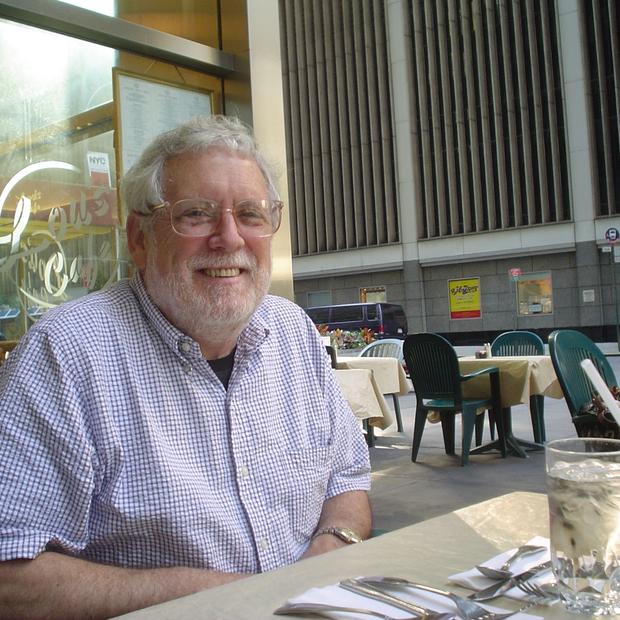Gather round, boys and girls (you, too, Mariners' fans) for today’s Do the Math Lesson. Today’s problem: Can Seattle win the American League West?
The answer: Not likely. How do we know this? We do the math.
Like all math questions, there are a few central assumptions. First, we assume the Western division remains relatively weak. If it doesn't, the Mariners have more ground to make up in the remainder of the season. Also we assume the current leading winning percentage, at around .550, is enough to take the division. Set aside any discussion of the Mariners' prospects for winning one of the two wild card spots for a more complicated lesson some other day.
Let’s do the math. The length of a baseball season, 162 games, times .550. That equals 89.1. So, a team will need 89 victories to win the division.
How will the Mariners win the West? The Mariners have played 89 games, with a record now of 41 wins. There are 73 games left.
Do the math. With 41 wins, the Mariners would need to win 48 additional games to reach the 89 games won level.
So, the 49 wins the M's need divided by thge number of games left equals 0.671232876. Round those results to 66 percent and 67 percent. Either way, that means the Mariners would need to win at least two out of ever three games remaining in the season to get to the winning level.
So class, what’s our conclusion? Not likely.
Yes, Manager Lloyd McClendon, do you have a comment? Oh, it's what we have heard him say so often: “It’s baseball, anything can happen.”
True. But alas, as we have learned, the numbers do add up.
OK, class. Time for recess. Yes, you can play catch with the footballs.



